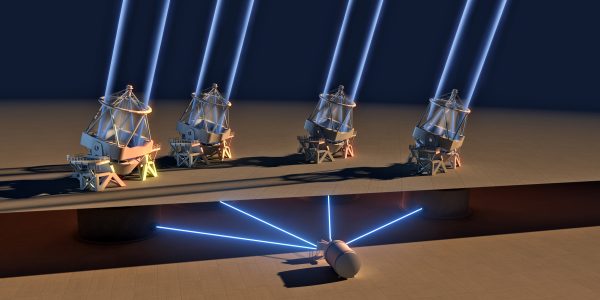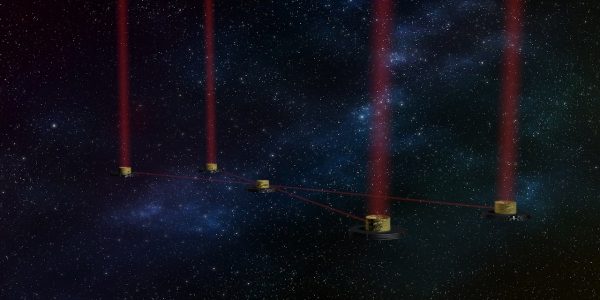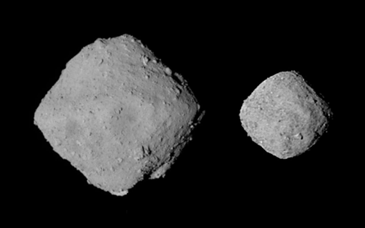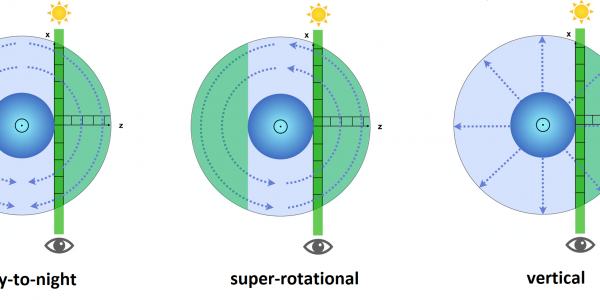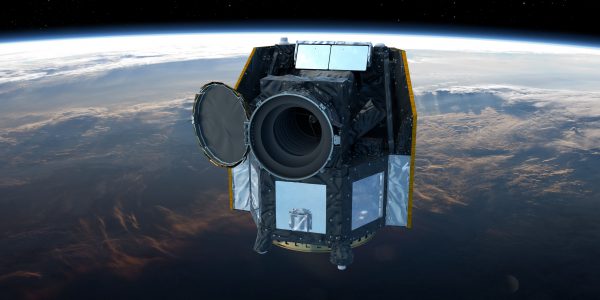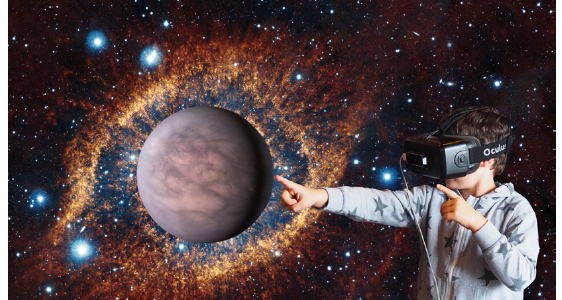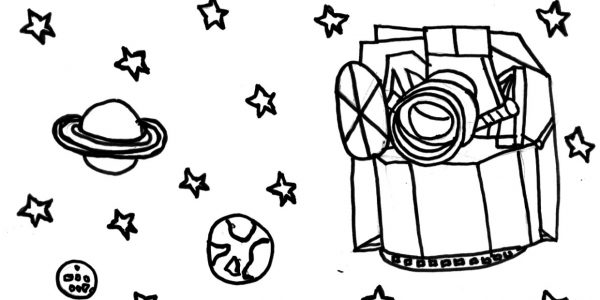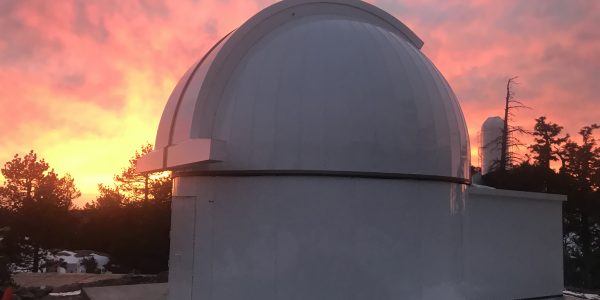External Newsletter
ESPRESSO confirms the existence of an exo-Earth 4 light-years away
An international team of experts, including researchers from the NCCR PlanetS, has confirmed the existence of the Proxima b extrasolar planet using measurements from the Swiss-built ESPRESSO spectrograph. The existence of a planet the size of Earth around the closest star in the solar system, Proxima Centauri, has been confirmed by an international team of scientists […]
Continue ReadingHow we might search for life in the future
The “LIFE” mission, proposed by PlanetS researchers, could help answer questions about the habitability of our cosmic environment by employing a direct approach. When looking up at the sky at night, sooner or later the inevitable question arises: “Are we alone?” So far, science has not found the answer, even though it has been certain […]
Continue ReadingOrigin of two “cosmic diamonds” clarified
“Bennu” and “Ryugu” are two near-Earth asteroids with a diamond-like shape, the origin of which has long been a mystery. Now simulations of asteroid break-ups show how the special shape came about. The results could also help to better understand the processes involved in the formation of the Earth. Around four and a half billion […]
Continue ReadingOtherworldly winds
A group of scientists led by the NCCR-PlanetS and the University of Geneva, investigated wind patterns of an exoplanet with extreme conditions. Their insights may also help us understand the atmospheres of other worlds. Including our own. Imagine you were looking down upon the Earth from space. Your task would be to discern the general […]
Continue ReadingCHEOPS space telescope ready for scientific operation
CHEOPS has reached its next milestone: Following extensive tests in Earth’s orbit, some of which the mission team was forced to carry out from home due to the coronavirus crisis, the space telescope has been declared ready for science. CHEOPS stands for “CHaracterising ExOPlanet Satellite”, and has the purpose of investigating known exoplanets to determine, […]
Continue ReadingExplore the universe from home with PlanetS
For weeks we have been spending most of our time at home. We are distancing ourselves from each other, trying to get the Corona crisis under control. That brings with it many challenges. Schools, for example, now often rely on online lessons. But that doesn’t work smoothly everywhere and in some places lessons are cancelled. […]
Continue ReadingEditorial
Living in the days of the Coronavirus is not easy. As many aspects of society shut down in an effort to slow down the progression of the virus, it is difficult to maintain scientific activities. No lectures or colloquia anymore, conferences and schools are cancelled, observatories are restricting operations… Business as usual is no more. […]
Continue ReadingCHEOPS first check-up
After months of uncertainty about the launch date of the CHEOPS satellite, the launch date was finally set for December 17, 2019. A delegation from the Universities of Bern and Geneva were on hand on the scheduled date to attend this unique event in Swiss space history. Although the launch was delayed by 24 hours […]
Continue ReadingQuestioning theory can be worth it
Where few thought to look, the PlanetS co-funded telescope “SAINT-EX” is searching for new worlds. After a year of operation, the project has brought some exciting first results. Atop a mountainous region, nearly three kilometers above sea level, overlooking pine forests and impressive rock formations it lies: The National Astronomical Observatory of Mexico in San […]
Continue Reading“I’ve always had a huge interest in exoplanet research.”
In response to an invitation from Willy Benz, Catherine Cesarsky has accepted to become a member of the NCCR PlanetS Advisory Board, joining Brian Schmidt and Michel Mayor. After completing her schooling and physics studies in Buenos Aires, Catherine Cesarsky flew to Harvard for a PhD on cosmic rays. This was the beginning of a […]
Continue Reading
